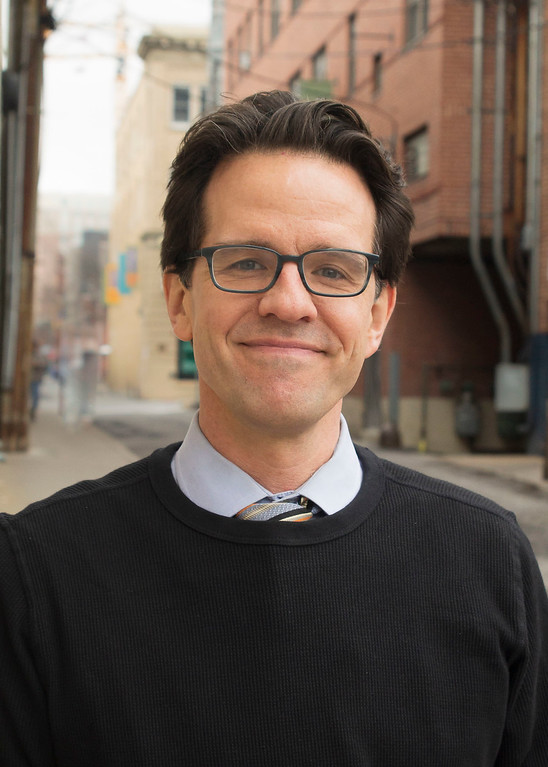Faculty Column: At Gannon, mentors abound
For students and faculty alike, finding a mentor is simple
September 2, 2020
When Joseph Campbell identified and wrote about the monomyth – the universal journey of the hero – he made sure to place significant emphasis on the guides and mentors that assist the hero along the way.
This is a bit foreign to the mentality in the Western world, which has been increasingly individualistic since Emerson delivered his “American Scholar” speech at Harvard in the 1830s.
Emerson didn’t invent Western individualism, but presented it as a call to adventure for the roomful of listeners that day.
Harvard also banned Emerson from speaking there again, at least until sometime much later in life.
Still, although the Western world is highly individualistic, it seems the need and prevalence of mentors is as strong as it has ever been.
The good news for Gannon students is Gannon is full of faculty and staff who relish being mentors, and who often seem to be naturally adept at guiding students toward being and doing their best.
When I think back to my time as a Gannon student, I recall numerous mentors and to this day I think about the advice and guidance they have given me, and I think about what they may or may not do in a situation.
People like Mike Tkach, Sally Levan, Bill Doan and Melinda Holiday are who often come to mind. I am grateful for having the opportunity to meet and learn from each of them.
Because of my experience here at Gannon, I encourage all students to keep an eye out for who that mentor may be. It makes sense to seek a mentor, but simply remaining open to identifying a mentor involves less control and perhaps more of the Holy Spirit. It all will happen at just the right time, and if one remains open, is likely to emerge from a place not yet previously considered.
The quality of openness I mention is the same quality of openness touched upon by the author of “The Cloud of Unknowing,” a medieval book about how to achieve a mystical union with God, likely written by a European Christian monk.
In the book, the author elaborates on a variety of techniques for how to do contemplative or perhaps centering prayer, including a strong emphasis on the space that exists between our concepts.
That space, the author suggests, is where we find what we are looking for. Alternatively, perhaps it’s where that thing funds us.
So, we can pay attention to the space that exists between our ideas about things.
We can let go of ideals and expectations and just be, having faith that the Holy Spirit is with us all the time, and will therefore help provide us with what we need on our hero’s journey, including a mentor.
KEVIN BRIGGS





